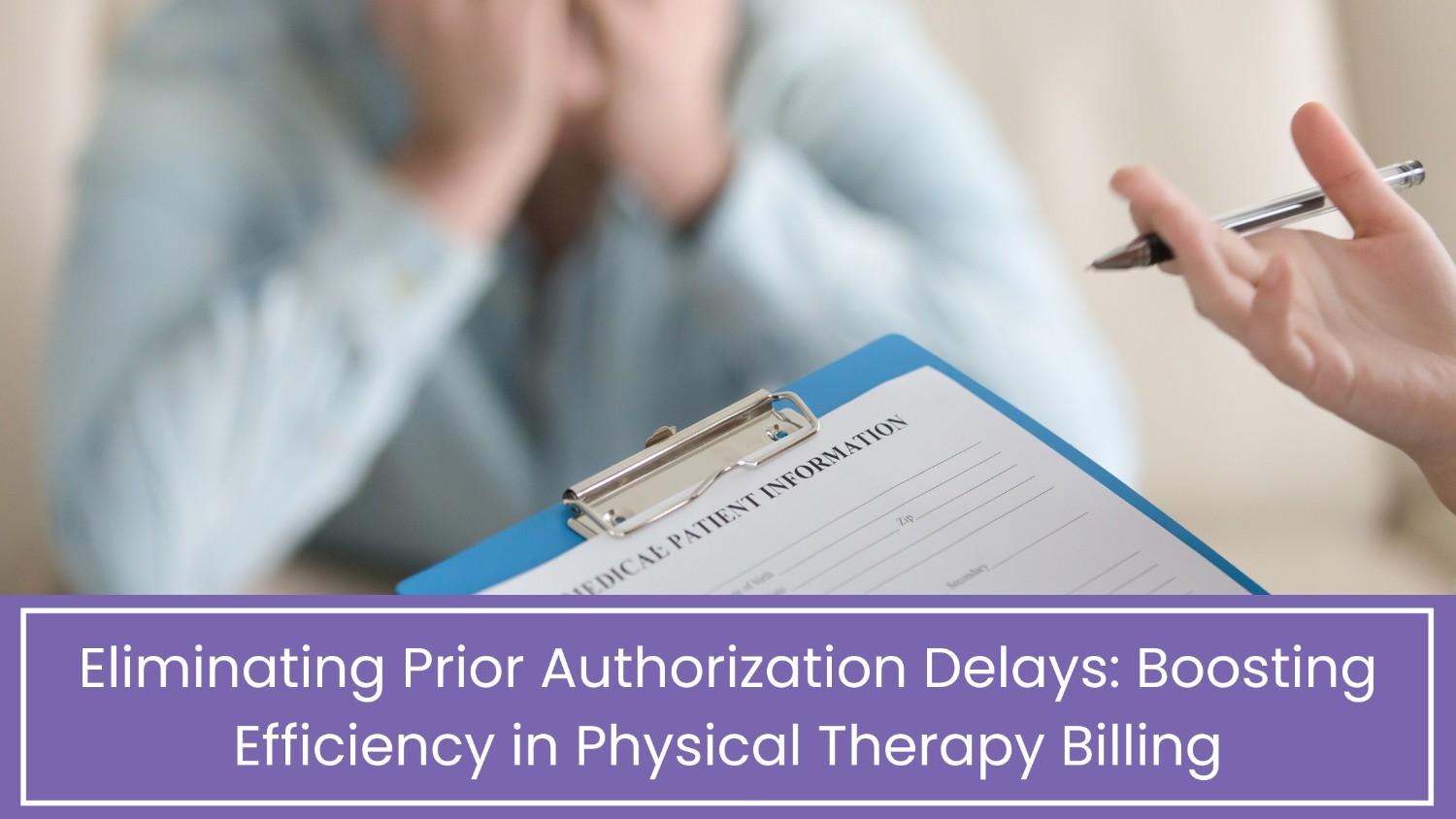Prior Authorization and Mental Health: Barriers to Accessing Essential Services
In the healthcare realm, accessing mental health services remains problematic. Despite strides in stigmatization and awareness, prior authorization barriers in mental health persist. Patients encounter difficulty in dealing with prior authorization processes. This piece examines the challenges in meeting prior authorization requirements for mental health services and their effects on essential care access.
Table of Contents
Understanding Prior Authorization
Prior authorization is a method utilized by insurance entities to regulate expenses and confirm the medical necessity of recommended treatments or services. Despite its intention to deter excessive procedures, it often presents obstacles for both recipients and healthcare practitioners. In the domain of psychological well-being services, pre-approval requisites can amplify an already intricate and delicate subject.
The Complexity of Mental Health Care
The intricacies surrounding mental health treatment often necessitate custom plans and continuous assistance. Unlike some physical ailments with straightforward guidelines, mental health conditions might need various treatments and personalized support. However, hurdles such as prior approval requirements may obstruct access to these crucial services, leading to delays or denials of necessary care.
Delays in Treatment
Treatment delays are a significant issue for patients dealing with prior authorization. Quick intervention is crucial for mental health conditions, but bureaucratic processes cause delays in scheduling appointments, accessing medications, or getting approval for therapy sessions. These delays worsen symptoms and raise the risk of crisis situations.
Administrative Burden on Providers
Providers experience challenges with prior authorization, which diverts attention from patient care. Mental health practitioners handle extensive administrative tasks, including documentation and insurance billing. Prior authorization’s complexity consumes valuable resources and time, contributing to provider burnout and potentially reducing care access.
Limited Provider Networks
Challenges arise for patients even after getting prior approval, as finding a mental health professional within their insurance network can be difficult due to limited provider networks. Insurance plans often have restricted networks of mental health professionals, particularly in certain areas or specialized fields. This results in patients facing extended wait times for appointments or having to travel long distances for care, discouraging them from seeking assistance or settling for less suitable providers.
Stigma and Shame
Managing prior approval isn’t just about dealing with paperwork; it’s also about the emotional impact on patients. Mental health struggles are still seen negatively by society, making patients feel embarrassed and unworthy when dealing with healthcare procedures. Going through the prior authorization process might force patients to reveal private mental health information, which could make them feel scared and hesitant to get help. This negative view might stop some people from seeking support, making the issue of not using mental health services worse.
Advocating for Change
Dealing with the hurdles of prior authorization in mental health care demands a broad approach. Initiatives advocating for changes in insurance practices, expanding provider networks, and simplifying administrative procedures are vital in improving care accessibility. Healthcare professionals can also help by standing up for their patients, contesting insurance refusals, and streamlining their own workflows to make care smoother.
Technology as a Solution
Developments in tech, such as e-permission platforms, could make processes smoother and lessen the load on both patients and healthcare workers. By automating the permission process and blending it seamlessly into digital health record systems, these platforms could speed up approvals and ensure patients get care on time. Also, virtual health services have become vital for improving mental health care access, especially in underserved regions or crisis situations.
In brief, the restrictions prior to authorization impose hurdles for individuals seeking mental health assistance, resulting in delays, administrative complexities for providers, and reinforcing societal taboos. Resolving these issues demands collaborative efforts from policymakers, insurers, healthcare providers, and technology developers. In Practolytics, through optimizing procedures, widening provider connections, and utilizing technological advancements, we can dismantle obstacles to accessing vital mental health support, promoting a society of well-being for all.
ALSO READ – How to Get a Prior Authorization Request Authorized?
Talk to Medical Billing Expert Today — Get a Free Demo Now!






